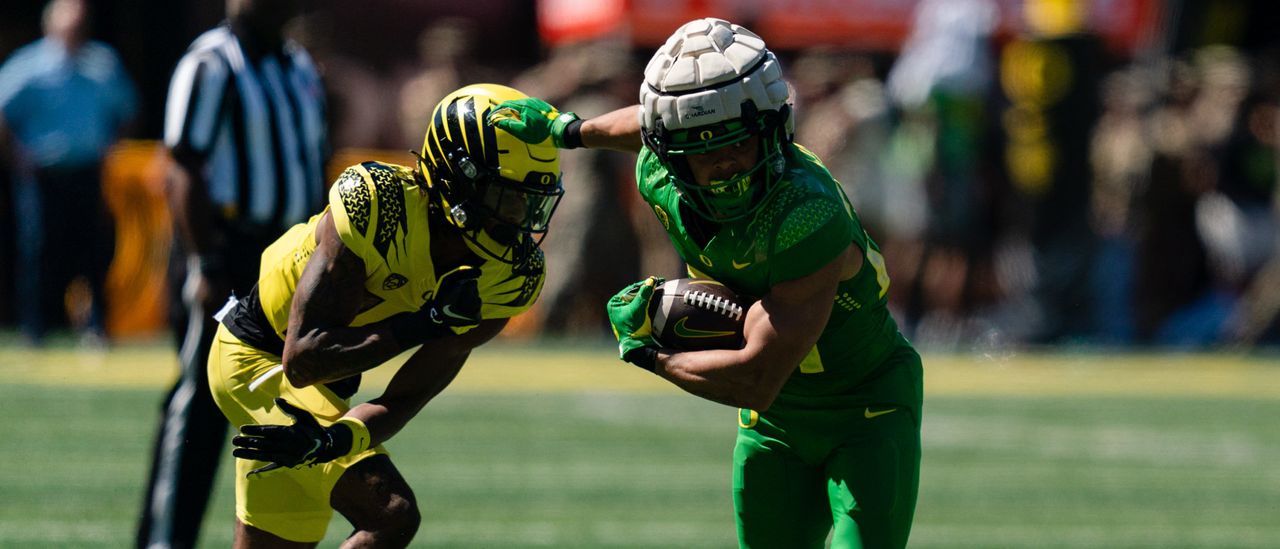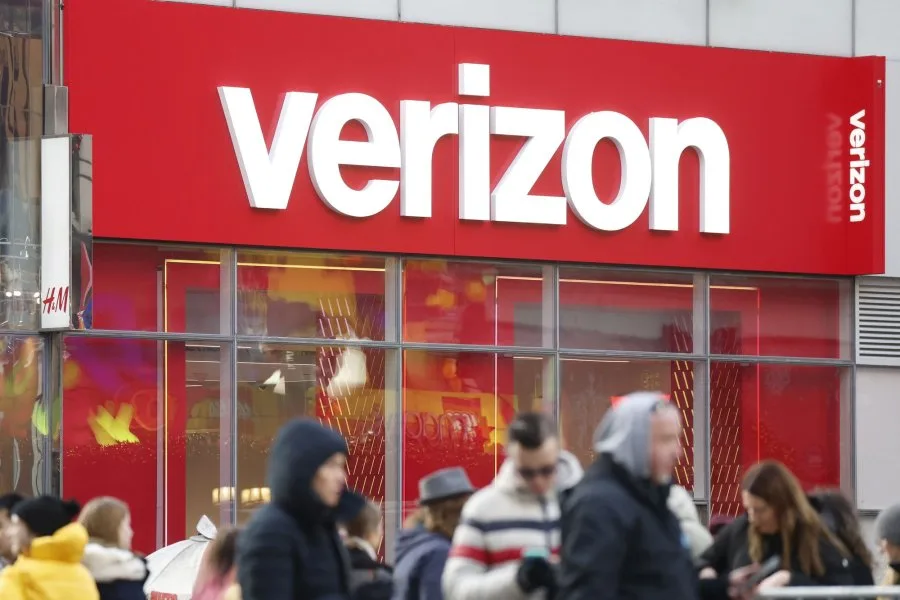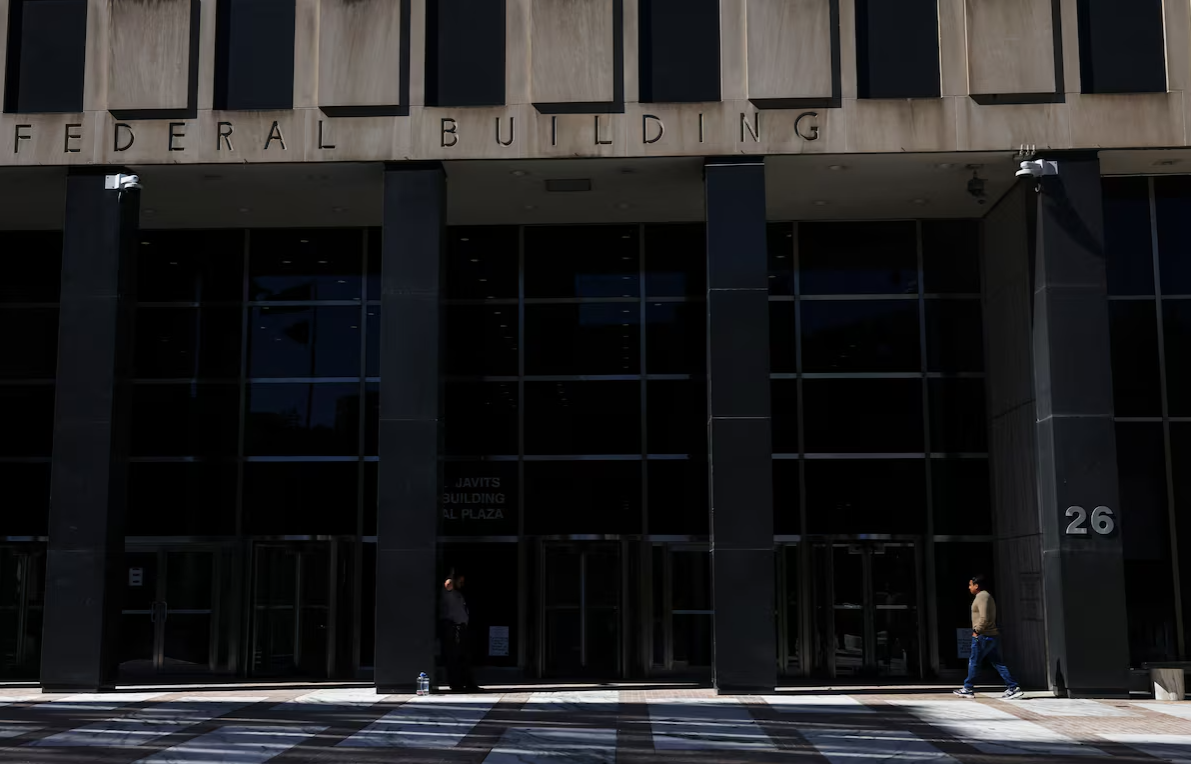Electronic Arts (EA) has reportedly been served a lawsuit over the deals offered to players relating to a video game, according to Front Office Sports.
The Brandr Group, a marketing and licensing agency, is suing EA over the Name, Image, Likeness (NIL) deals they have offered players, according to Front Office Sports. The Brandr Group works with 54 schools across the nation on athlete NIL deals and intellectual property. The Brandr Group alleges that EA is attempting to not abide by agreements to negotiate player compensation with the agency. These actions amount to “tortious interference,” according to the lawsuit.
The agency claimed that they had been in communication with EA in both 2021 and 2022 over participation in the video game. EA allegedly said in an email that deals for players affiliated with The Brandr Group schools would be done through the agency. EA, however, reportedly decided to partner with OneTeam Partners in May 2023, per Front Office Sports.
EA is reportedly offering players an “opt in” opportunity for $500 and no royalties to use their likeness, an offer that caused the College Football Players Association to call for a boycott, the outlet noted.
“Unfortunately, EA Sports is trying to avoid paying collegiate football players a fair price for their participation in the Game, continuing the pre-O’Bannon pattern of large corporations taking advantage of young student-athletes and capitalizing on their NIL,” the lawsuit reads, On3 NIL reported.
“As we have previously stated, our primary concern is advocating for student-athletes, ensuring they have a voice and are justly represented in all matters pertaining to the use of their name, image, and likeness,” The Brandr Group told ON3. “We believe that student-athletes are not receiving fair market value for their NIL rights and that the contractual rights asked for may limit other NIL gaming opportunities. We have no further comment at this time.”
EA last produced a college football video game in 2013. EA halted production of the games amid a lawsuit initiated by former UCLA basketball player Ed O’Bannon against the NCAA, citing antitrust violations, according to Sports Illustrated. O’Bannon alleged the NCAA improperly used commercial value of the players, pointing out the video game as an example.
EA sports settled with O’Bannon and claimed in court filings they would be willing to compensate players going forward. The NCAA resisted the move, resulting in production of the game being halted, according to Sports Illustrated.
The Supreme Court ruled 9-0 against the NCAA in June 2021, claiming that the organization violated antitrust laws and could not place limits on athlete compensation.




